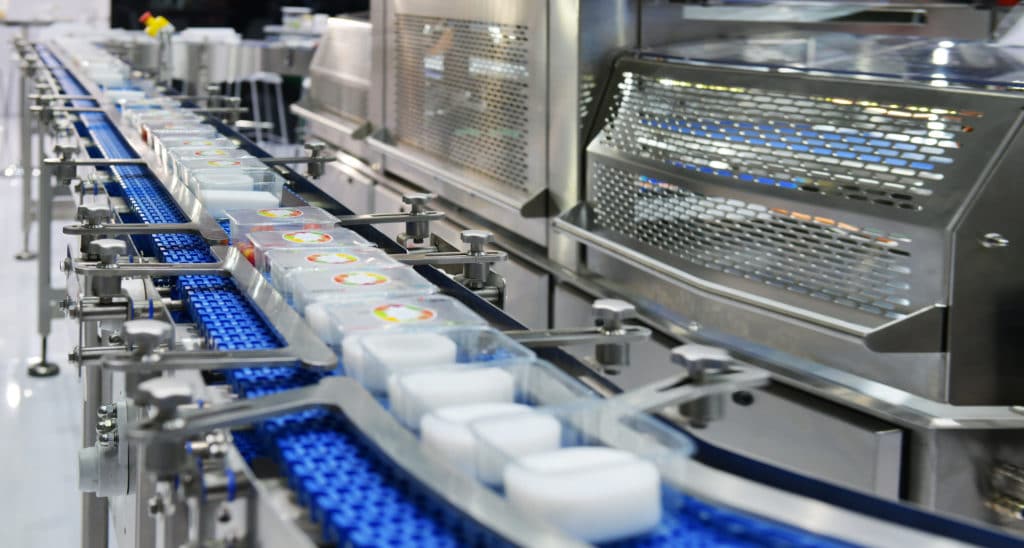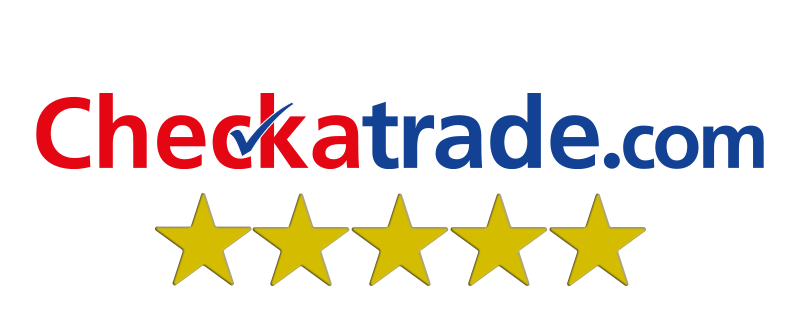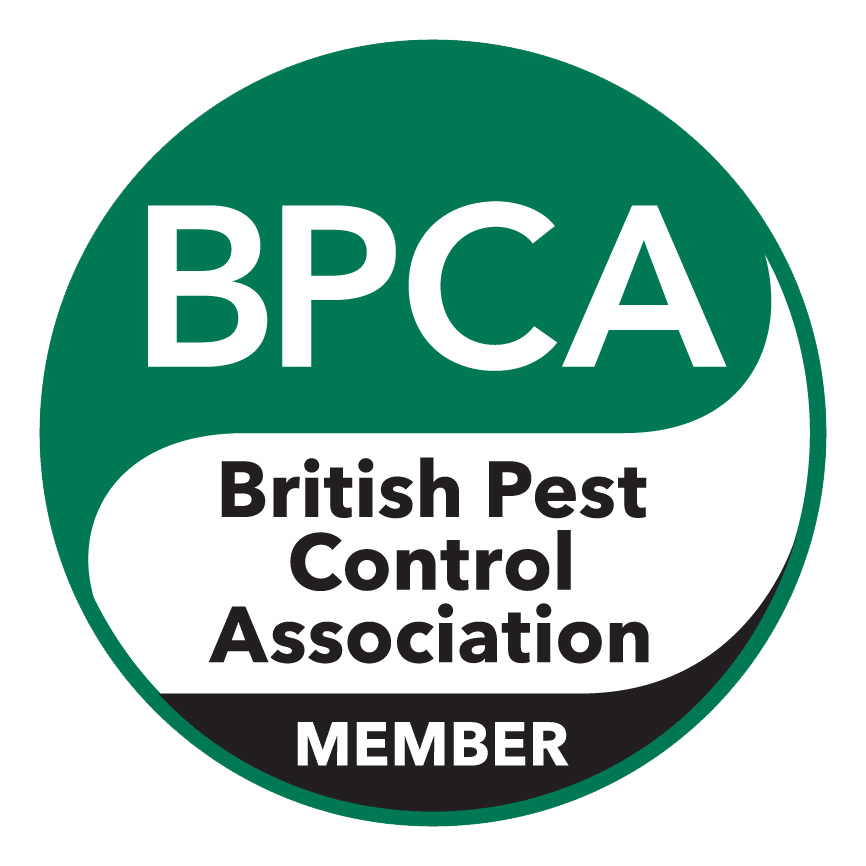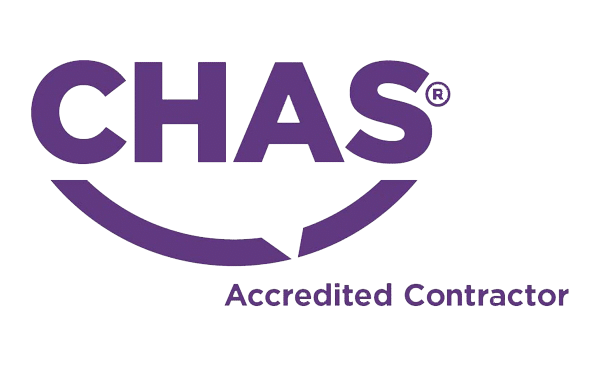
Our team provides expert pest management solutions for the food industry. To comply with the law, a food production site must supply food that is safe for human consumption. In short, food must be free from pests and disease. Prevention is better than cure, and that’s why our focus is to manage all risks proactively. This approach ensures that we are always one step ahead of the game when it comes to food production sites.
At Mercury Pest Control, we work within the principles of Integrated Pest Management (IPM). IPM is vital to maintain food safety and hygiene standards. IPM aims to have maximum impact on pests with minimal risk to the surrounding area. We know that pest management is far more complex than simply laying rodenticides. That’s why our technicians are skilled to assess and modify the environment to reduce the pest infestation risk in your business.
Our team will provide a bespoke solution to protect your business. We regularly assess our staff against BRC and SALSA compliance. We also know that each company is unique, and we take the time to deliver the best solution for your business. Our team has the skills and experience to work with you to ensure your site remains pest free, meets all audit requirements, and complies with the law.
If you own or manage a food production site in London, give us a call today for your free on-site survey. Whether it’s a mill, a farm, factory or a brewery, we’ve got the expertise to work at them all.
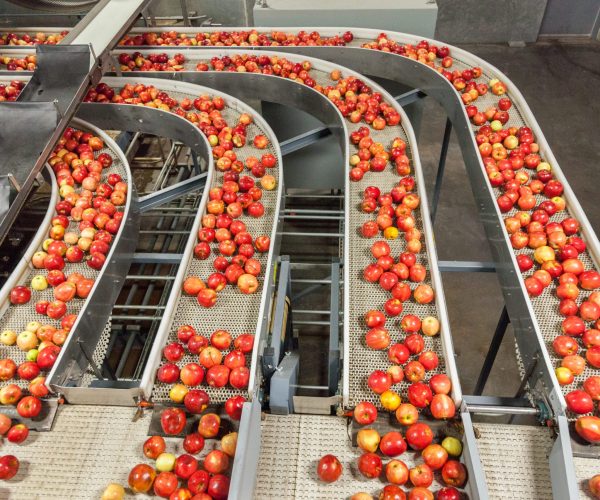
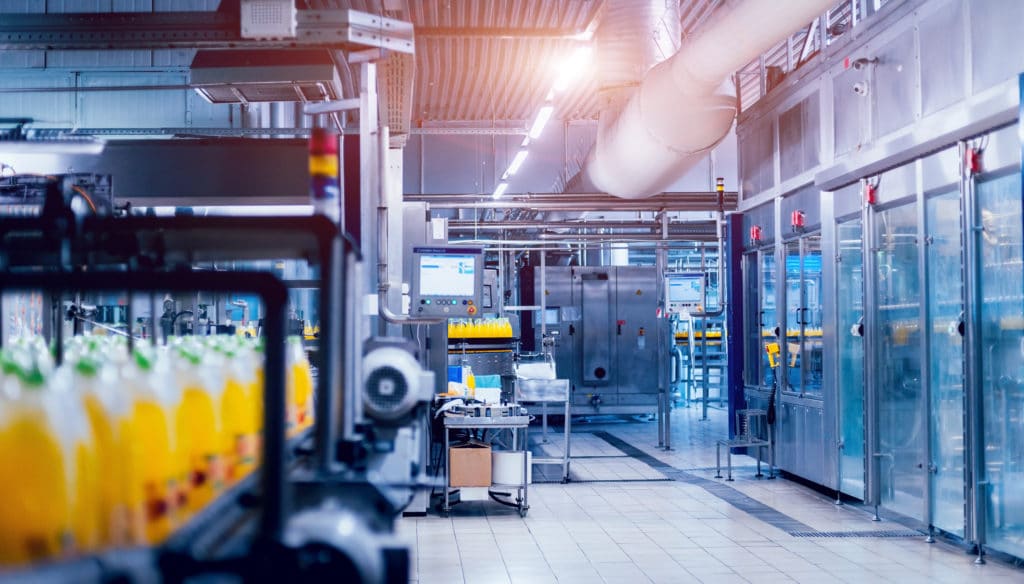
What can I expect from a food production pest control contract?
Initially, one of our RSPH level-two qualified technicians will undertake a detailed inspection of your site. The focus of this inspection is to assess how we can proactively manage the internal and external surroundings of your site using preventative measures. We will then develop a tailor-made pest management solution for your business. While all solutions are unique for each customer, contracts include as a minimum:
- routine checks to monitor and control pest activity;
- preventative management of the business environment;
- field biologist inspections;
- structured reports to fulfil audit requirements;
- Electronic Fly Killing (EFK) machine servicing;
- consultant service seven days a week; and
- Pest manuals and staff training to support your workforce, i.e. to identify supply chain risks.
What does the law say?
As a food production site, we know that some of the audit and legislative requirements can feel cumbersome. We are experts in making the complex simple. Legislation exists to protect customers from unsafe food, and we have seen some businesses fall short of these standards. To comply with hygiene legislation, all businesses operating in the food industry must have pest management. Therefore, let us take away the stress, protect your business and your reputation with an integrated pest management contract.
We have experience providing services to meet the following third-party audit standards:
- British Retail Consortium (BRC);
- SALSA;
- AIB;
- IQFS; and
- The Soil Association
Our services also meet supermarkets’ manufacturing requirements, including Sainsbury’s, Waitrose and Marks and Spencer.
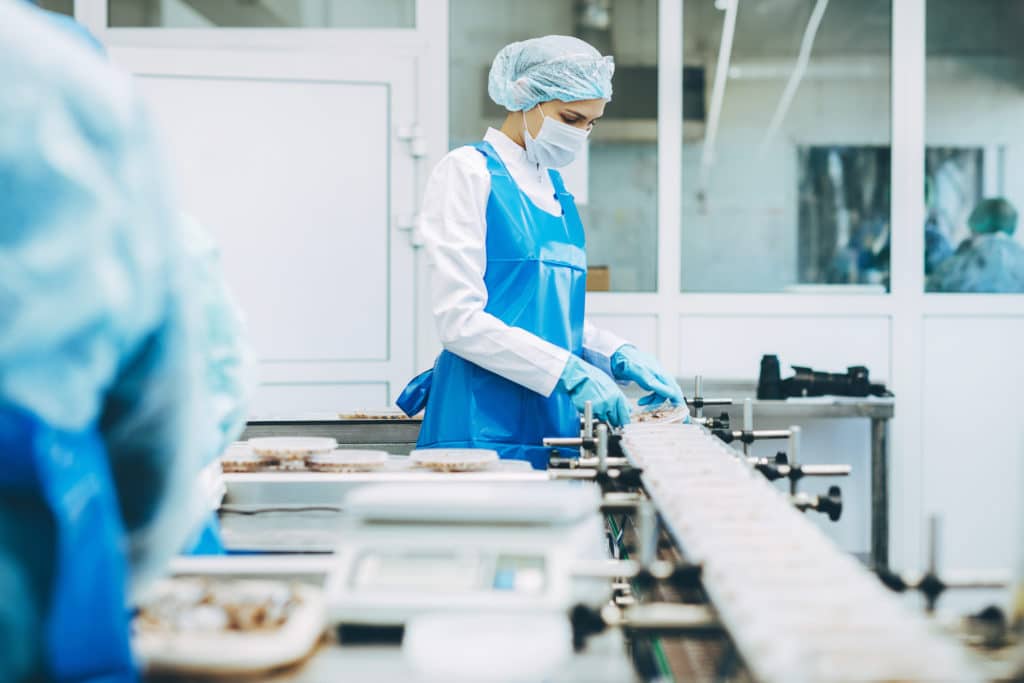
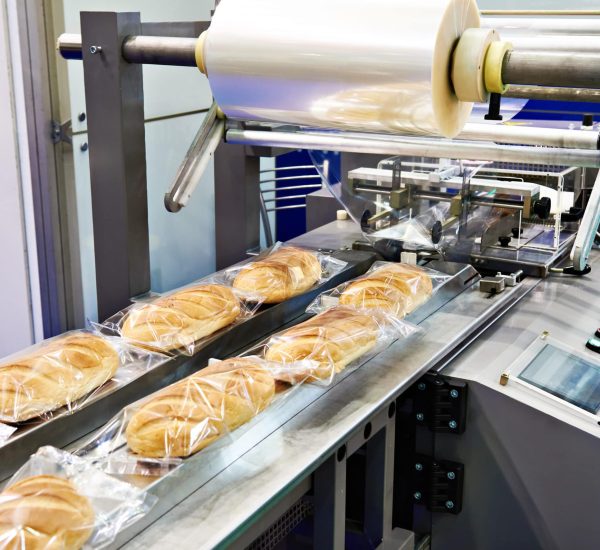
Pests in food production sites: what are the risks?
Food production sites are at risk of pest infestation from several sources. Therefore, it is vital that you and your staff understand these risks and know what action to take.
Stored Product Insects
Stored Product Insects (SPIs) includes weevils, moths and beetles. There is a risk of SPI infestation in products that are stored on your site. In addition to this, there is a risk that SPIs can enter from other parts of the supply chain. Therefore, it is vital that you take proactive steps to spot the signs of SPIs:
- visual sighting. For example, a flying moth or beetles in storage cupboards
- damaged food packaging or products. For example, beetles may chew packaging.
- Discoloured products. Ensure to look out for ‘taints’ in food products.
Mice and rats
Mice and rats both post a significant health and safety risk to your business. Not only do they carry diseases which can contaminate your products, if un-managed, they may also damage your machinery, product, equipment and ultimately your reputation. As a result, as a food supplier, you must take proactive steps to prevent a rodent infestation:
- proactive, integrated pest management, the primary focus of this should be the management of the environment to prevent pests from entering in the first place.
- Senior leadership that embeds exceptional hygiene standards and pest management from the board level to the factory floor.
- Regular staff training to ensure the workforce is aware of infestation risks.
Case study: Pest management at a food production site in London
In 2018, we did a site survey for a London farm. The site is vast and measures 65 square metres. They supply products to some of the biggest retail names and are subject to regular audits by the BRC and SALSA. Our expert team undertook a thorough site inspection. Their focus was to assess the area for risks of all pest activity.
As with other contracts, the focus of our solution was prevention. Our approach involves regular site inspections, followed by detailed reports to ensure the site meets all audit requirements. We also provide regular training for the team to ensure that pest prevention is a primary concern.
This includes how to spot the infestation risks from the supply chain or store products to reduce risks. As a result, the site always meets all audit standards.
